This article explores the growing trend of making plant-based meals the default option in various settings, such as hospitals, universities, and conferences. It highlights the impact of unconscious biases and the power of 'nudges' in encouraging healthier and more sustainable food choices.
Restaurants, events, and even hospitals generally offer meat as the default meal option. What if they nudged us to make healthier choices for our bodies and the planet instead? Some hospitals, universities, and other groups are doing just that. If you're taking a flight or attending a conference, chances are you'll get meat on your tray unless you request a vegetarian meal. Photos of meaty steaks and burgers feature prominently on menus and flyers.
Even daycares and hospitals typically serve meat-heavy menus.Yet meat is the default on most menus in North America — something those who create, serve, and consume the food may not even realize, says a group that's trying to flip the script and make it easier for people to choose healthier options. 'Making plant-based the default and giving people the choice to opt in to meat – that preserves freedom of choice, but it normalizes plant-based options for everyone,' said Katie Cantrell, co-founder and CEO of Greener by Default.Defaults are often unconscious and unintentional, she said: 'I don't think that most people are thinking like, 'Oh, I want to drive my diners to meat.' I think it's really just this framework of 'Vegetarian food is for vegetarians and, you know, other things are for everyone else.'' She recalled the story of her mom's friend, who was served a plate of dry, unappetizing chicken at an event. When she saw her vegetarian co-worker with a plate of colourful vegetables, she wished she had asked for that. 'But because she doesn't identify as a vegetarian, she doesn't think to request a vegetarian meal.' Manoj Kumar, a chef at Western University's Delaware Hall residence, makes a Moroccan chickpea bowl recipe as part of a two-day plant-based culinary training at the university. (Michelle Both/CBC) That self-identification is one reason omnivores are far more likely to choose an item described as 'black bean enchiladas' than 'vegetarian enchiladas,' Cantrell said. And when meat is the automatic option, most omnivores will 'choose' it out of inertia, she added, just as most people don't change the default settings on their phone or software.Cantrell thinks most people know that eating more plants and less red meat is healthier and more sustainable. Serving more plants is also more inclusive, she said, since many religions have restrictions on meat and many common allergies are to animal products such as dairy or eggs.That's why Greener By Default offers strategies to institutions that serve food about how to incorporate plant-based defaults, based on behavioural economics research on how to 'nudge' people toward greener, healthier choices. For example, the group consulted for a company that has an annual work retreat, where they serve breakfast bowls with scrambled eggs, hash browns, and vegetables. Greener By Default suggested that instead of piling bacon and sausages on top, the company put the meat at a separate self-serve station. The result? 'Maybe a third or half of the people went up and actually selected the breakfast meats,' Cantrell recalled. In another case, plant-based meals were the default at a conference and people who requested a meat meal got a little red sticker on their badge (like the green sticker that vegetarians usually have when meat is the default). Cantrell was surprised at the powerful effect of normalizing plant-based meals. Some attendees became ashamed of the red sticker. 'We certainly were not trying to create any type of stigma,' she said. 'But it's interesting.' Besides changing the default, studies show that putting plant-based dishes at the front of a buffet or renaming plant-based dishes to highlight flavours, textures, and ingredients rather than their or lack of meat also encourages omnivores to choose them. For example, renaming 'meat-free sausages and mash' to 'Cumberland-spiced veggie sausages and mash'David Speight, the executive chef and culinary director of food services at UBC, explains how 55 per cent of the university's menu is plant-based — and what this represents for universities in Canada.Kathleen Kevany, an agriculture professor at Dalhousie University focused on sustainable diets, likes that such strategies preserve choice. 'It just allows for people to try foods that they might not otherwise — because one, they previously weren't even on offer and two, they weren't made very appealing.'to make those a majority of dishes they offer, driven by both demand among younger, diverse Canadians and climate concerns. Kevany has been part of a group called Default Dal that has also been trying to get more plant-based food defaults into smaller events like departmental meetings and celebrations. 'Universities are in a superb position to have a multiplier effect,' she sai
PLANT-BASED MEALS HEALTHY EATING SUSTAINABLE DIETS DEFAULT OPTIONS BEHAVIORAL ECONOMICS FOOD SERVICE INDUSTRY
Canada Latest News, Canada Headlines
Similar News:You can also read news stories similar to this one that we have collected from other news sources.
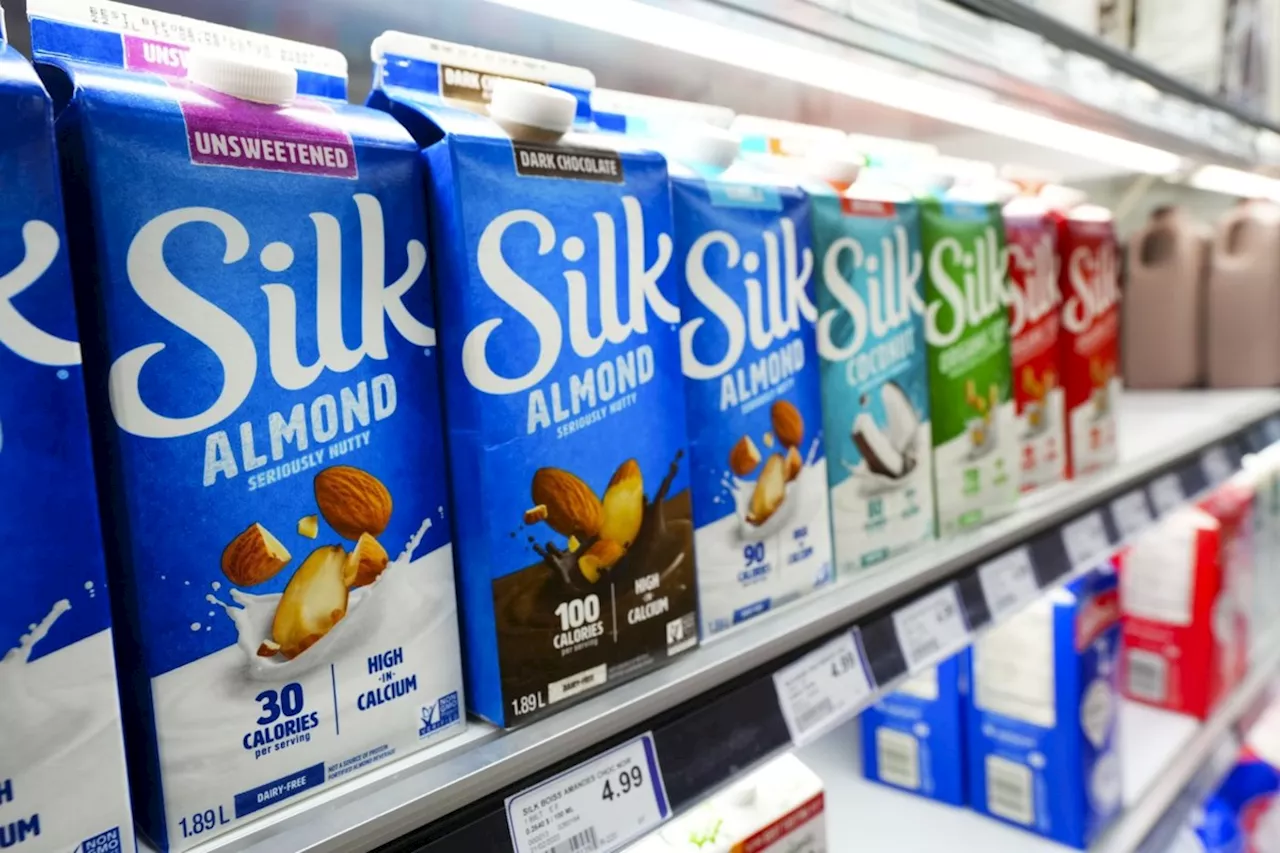 Canadian Plant-Based Milk Packaging Company Files for Creditor ProtectionJoriki Inc., a Canadian beverage packaging company linked to a listeria outbreak, seeks creditor protection to restructure its business. The company faces over $200 million in claims from over 100 creditors.
Canadian Plant-Based Milk Packaging Company Files for Creditor ProtectionJoriki Inc., a Canadian beverage packaging company linked to a listeria outbreak, seeks creditor protection to restructure its business. The company faces over $200 million in claims from over 100 creditors.
Read more »
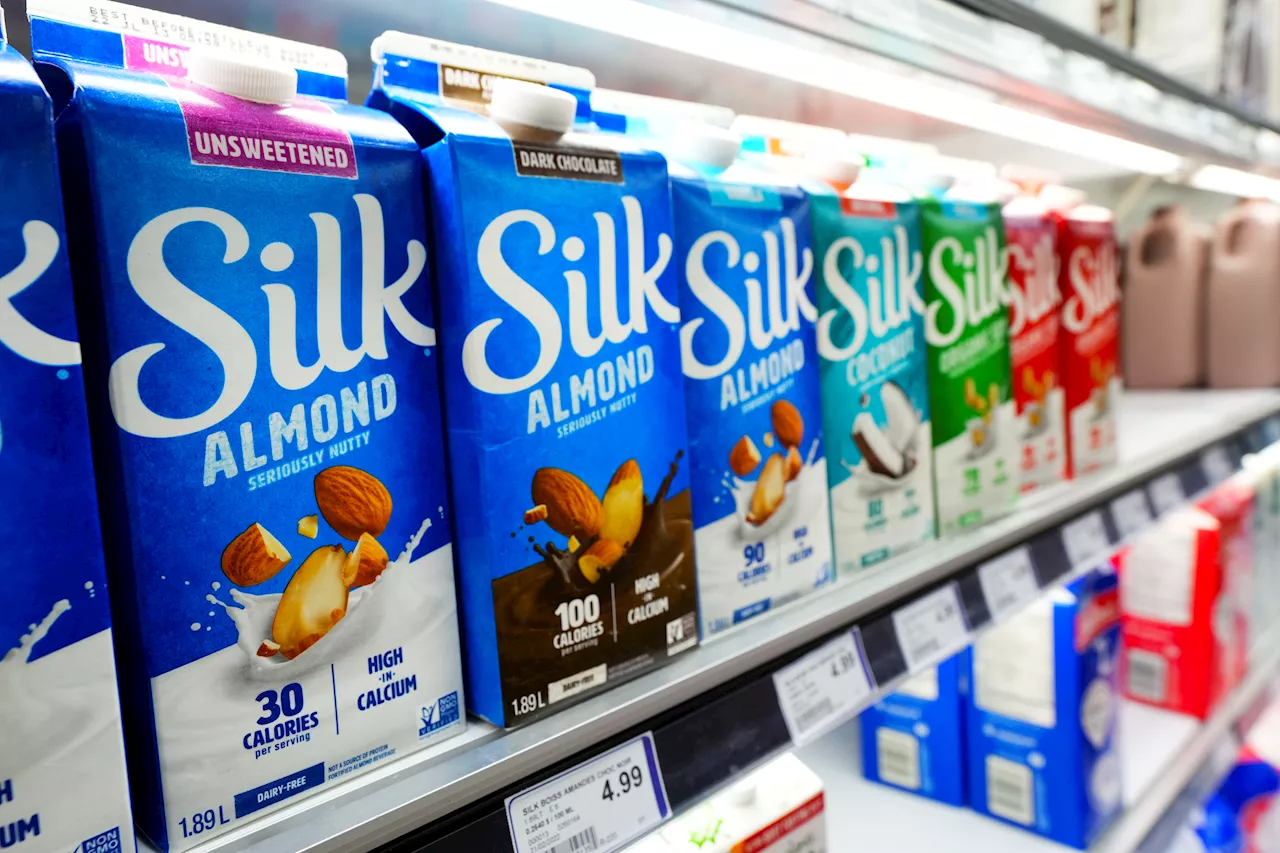 Plant-Based Milk Processor Joriki Files for Creditor Protection Amid Listeria OutbreakJoriki Inc., the Canadian beverage packaging company behind plant-based milk products linked to a listeria outbreak, has filed for creditor protection. The company plans to restructure its business after facing a national recall and mounting claims exceeding $200 million. The Canadian Food Inspection Agency (CFIA) revealed that their risk assessment algorithm had classified Joriki's production facility as low risk, resulting in no inspections related to listeria protocols for five years prior to the outbreak.
Plant-Based Milk Processor Joriki Files for Creditor Protection Amid Listeria OutbreakJoriki Inc., the Canadian beverage packaging company behind plant-based milk products linked to a listeria outbreak, has filed for creditor protection. The company plans to restructure its business after facing a national recall and mounting claims exceeding $200 million. The Canadian Food Inspection Agency (CFIA) revealed that their risk assessment algorithm had classified Joriki's production facility as low risk, resulting in no inspections related to listeria protocols for five years prior to the outbreak.
Read more »
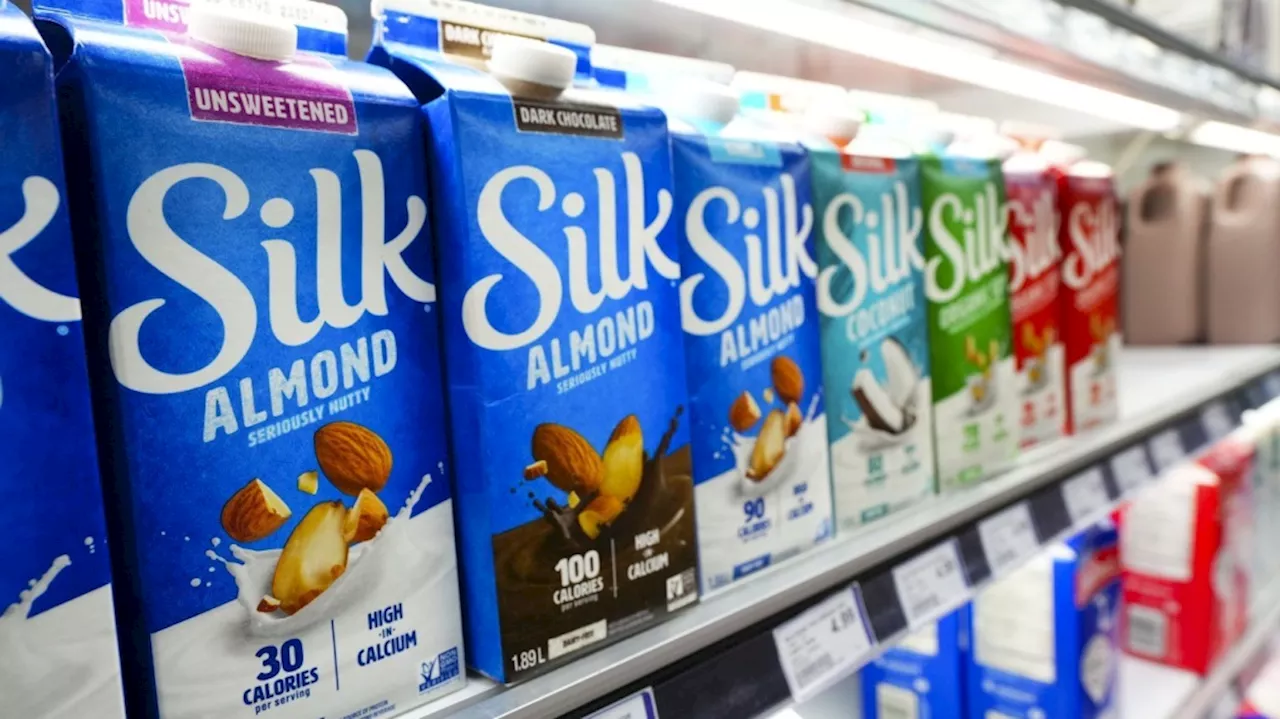 Plant-Based Milk Company Files for Creditor Protection Amid Listeria OutbreakJoriki Inc., a Canadian beverage packaging company linked to a listeria outbreak in plant-based milk, has filed for creditor protection. The company is seeking to restructure its business and hopes to create a stabilized environment while it evaluates its strategic alternatives. The outbreak, which led to three deaths, has not been mentioned in the company's filings.
Plant-Based Milk Company Files for Creditor Protection Amid Listeria OutbreakJoriki Inc., a Canadian beverage packaging company linked to a listeria outbreak in plant-based milk, has filed for creditor protection. The company is seeking to restructure its business and hopes to create a stabilized environment while it evaluates its strategic alternatives. The outbreak, which led to three deaths, has not been mentioned in the company's filings.
Read more »
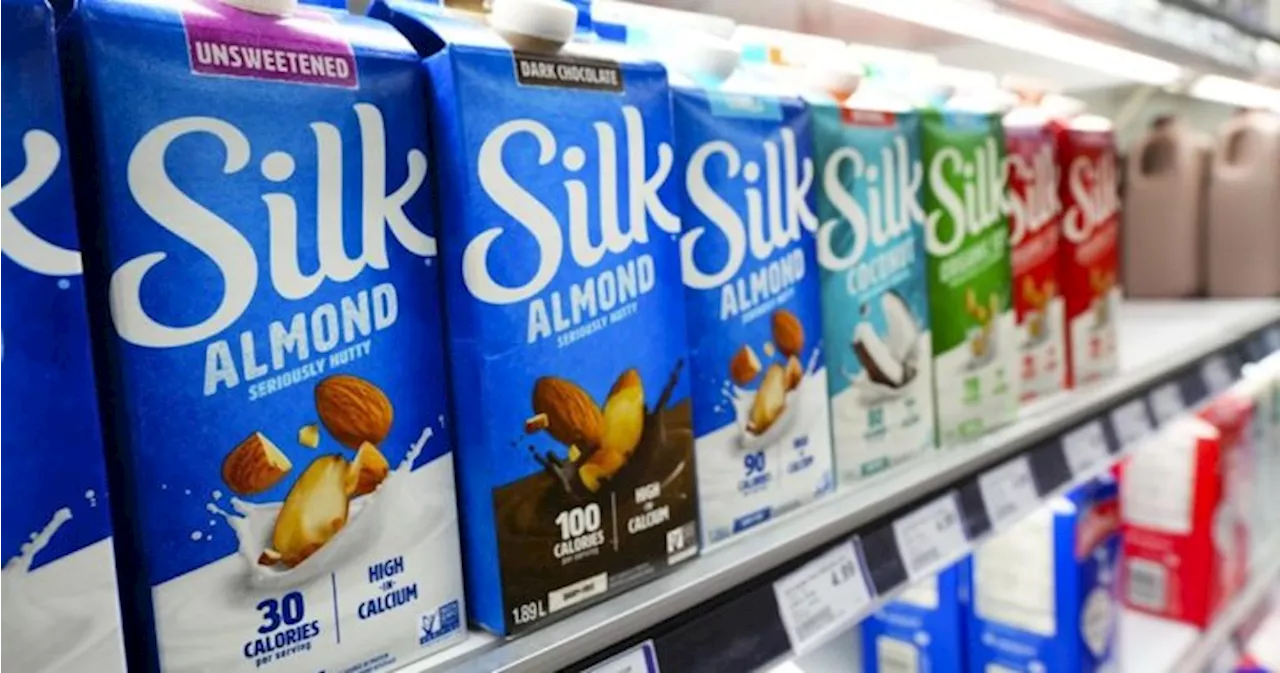 Plant-Based Milk Company Files for Creditor Protection After Listeria OutbreakJoriki Inc., a Canadian beverage packaging company linked to a listeria outbreak, has filed for creditor protection as it plans a business restructure.
Plant-Based Milk Company Files for Creditor Protection After Listeria OutbreakJoriki Inc., a Canadian beverage packaging company linked to a listeria outbreak, has filed for creditor protection as it plans a business restructure.
Read more »
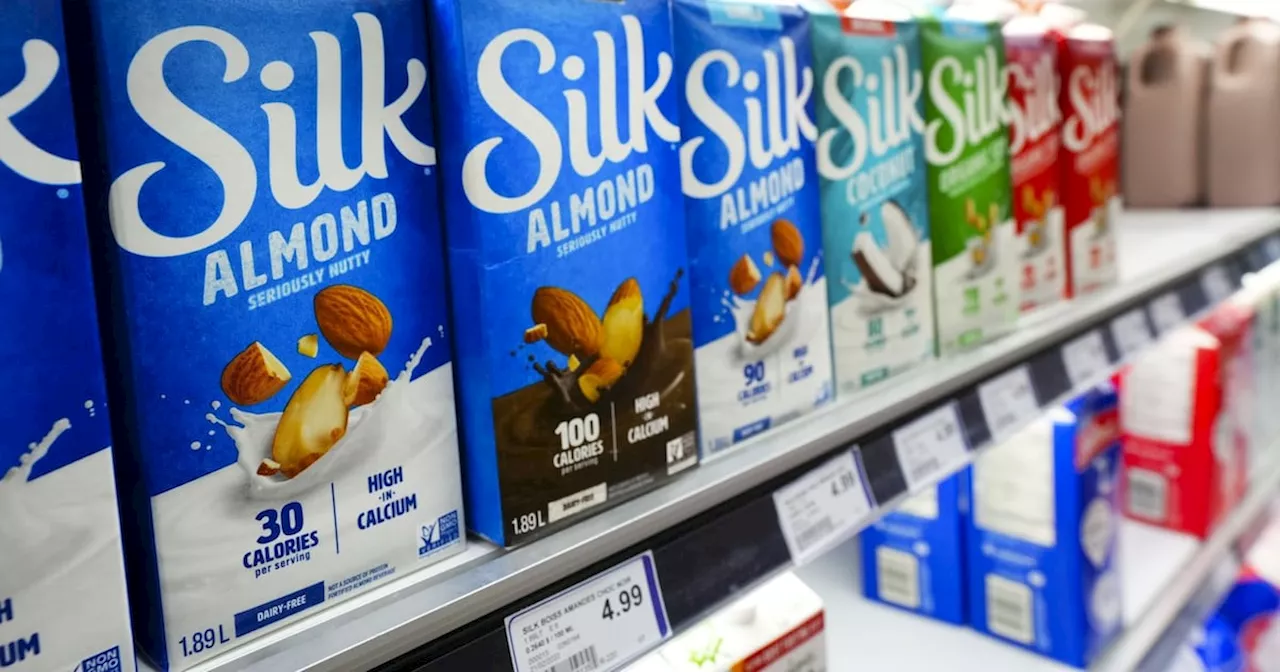 Canadian Plant-Based Milk Packaging Company Files for Creditor ProtectionJoriki Inc., a Canadian beverage packaging company linked to a listeria outbreak, has filed for creditor protection to restructure its business. The company faces over $200 million in claims from creditors.
Canadian Plant-Based Milk Packaging Company Files for Creditor ProtectionJoriki Inc., a Canadian beverage packaging company linked to a listeria outbreak, has filed for creditor protection to restructure its business. The company faces over $200 million in claims from creditors.
Read more »
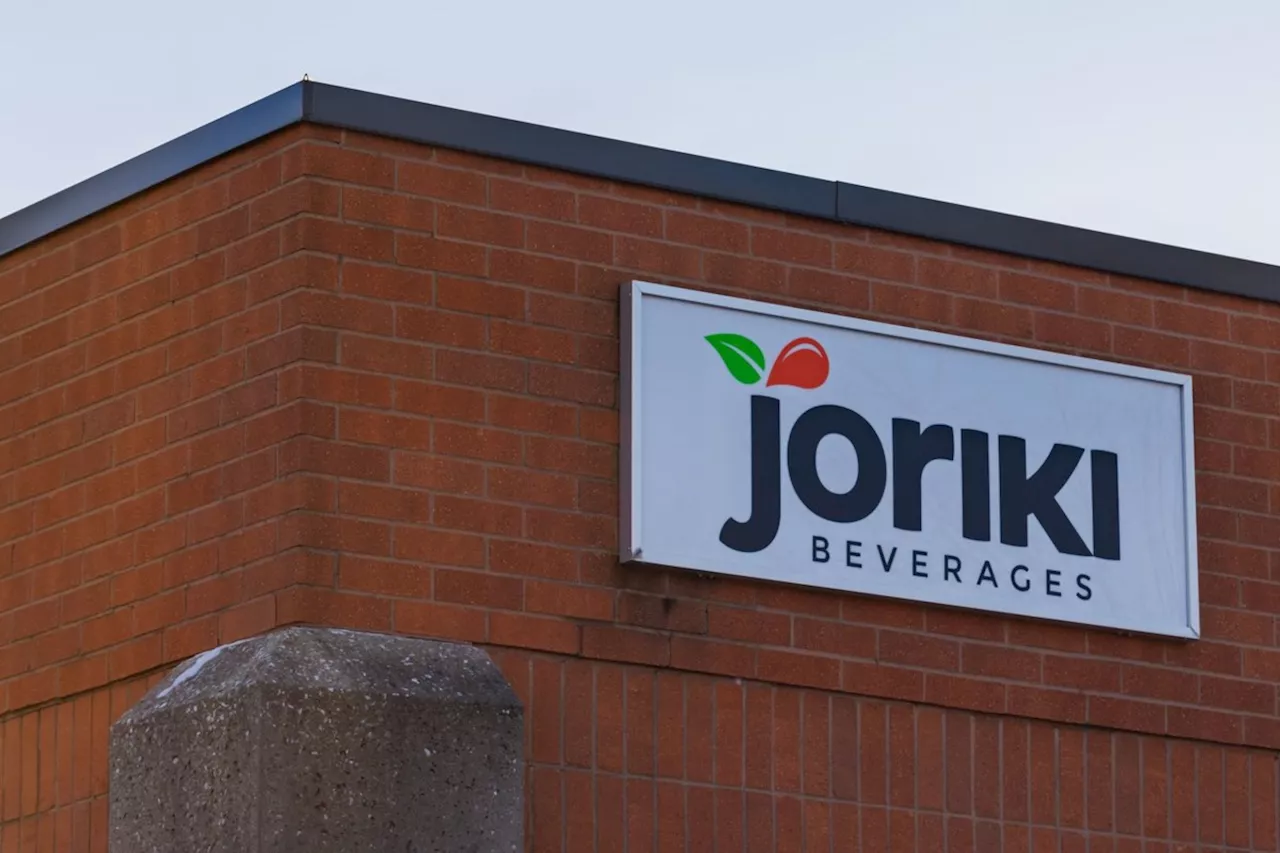 Company that processed plant-based milk linked to listeria permanently closes plantsTORONTO — The Canadian company that processed plant-based milk linked to a deadly listeria outbreak has permanently closed all four of its plants.
Company that processed plant-based milk linked to listeria permanently closes plantsTORONTO — The Canadian company that processed plant-based milk linked to a deadly listeria outbreak has permanently closed all four of its plants.
Read more »
